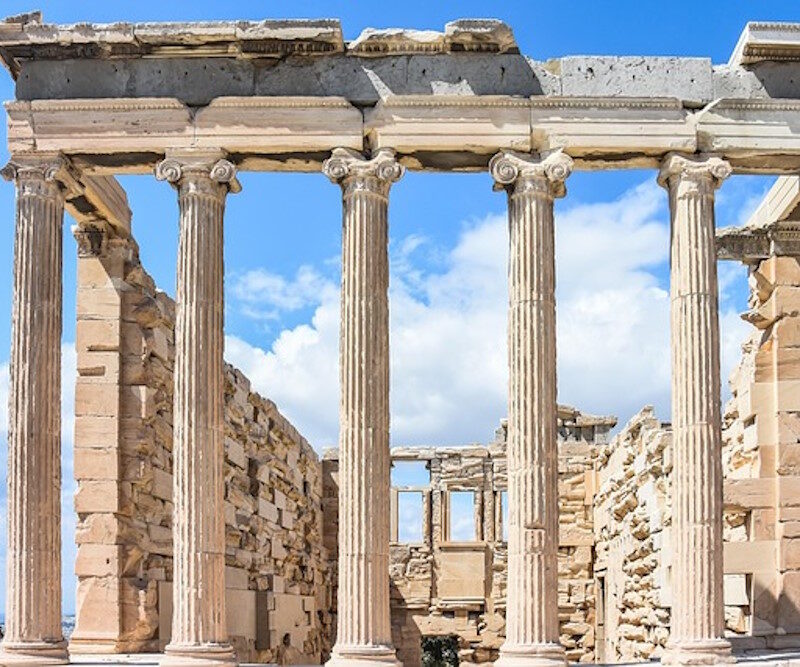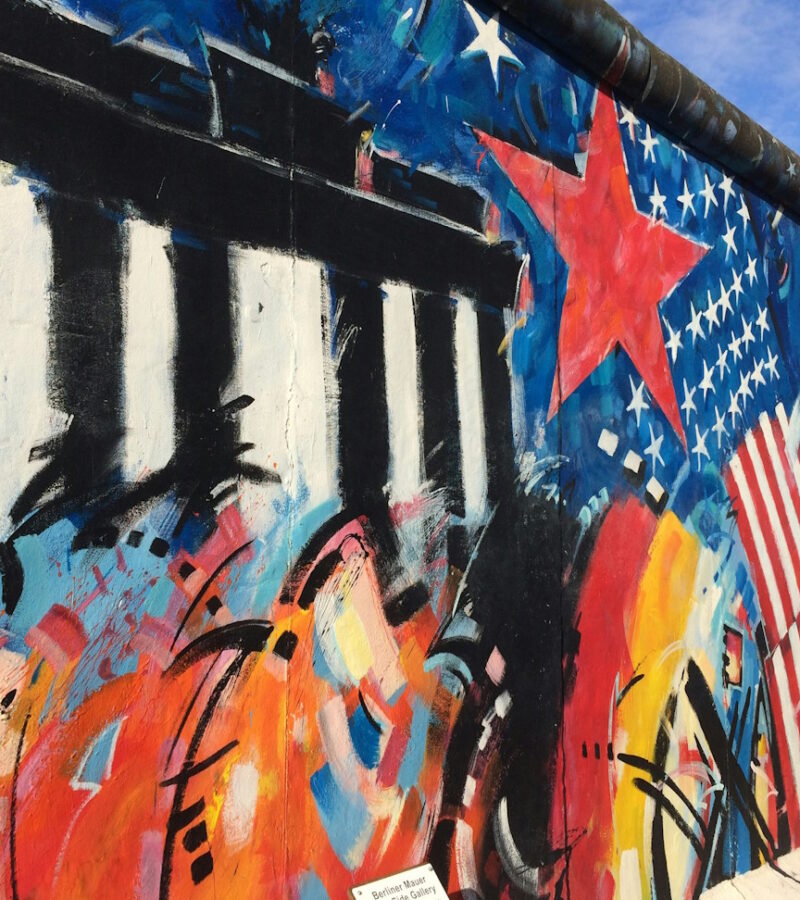History
EXPLORE COURSE


History at Brasenose offers wide-ranging study from the ancient world to the modern day, supported by teaching across many periods and themes.
EXPLORE COURSE
3
10
AAA
We usually admit ten students each year, with teaching that covers a wide range of fields.
Further information on entry requirements is available on the central Oxford University website.
History may be read at Brasenose as a single subject or as part of a joint school. Students can also apply for Ancient and Modern History, History and Politics, History and Economics, or History and Modern Languages. The College does not at present offer History and English.
Oxford History graduates go on to many different careers, including law, finance, accountancy, publishing, journalism, the media, the Civil Service, global charity work, museums, librarianship, archive work and teaching.

Explore ancient languages, literature and thought through wide-ranging study of Greek and Roman civilisations.

Study human and physical geography from desert environments to urban migration, working with specialists in geomorphology and city life.

A flexible curriculum across three disciplines, from ethics and epistemology to development economics and political systems.

